SaBbatical Notes from Pastor Stephen: Safari
October 10, 2022
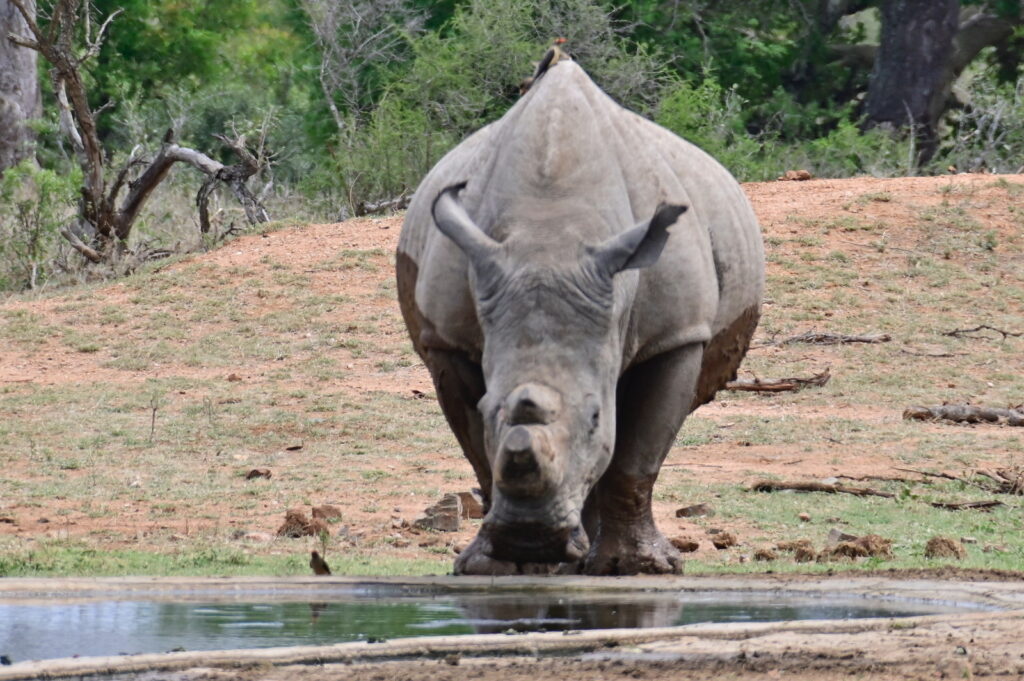
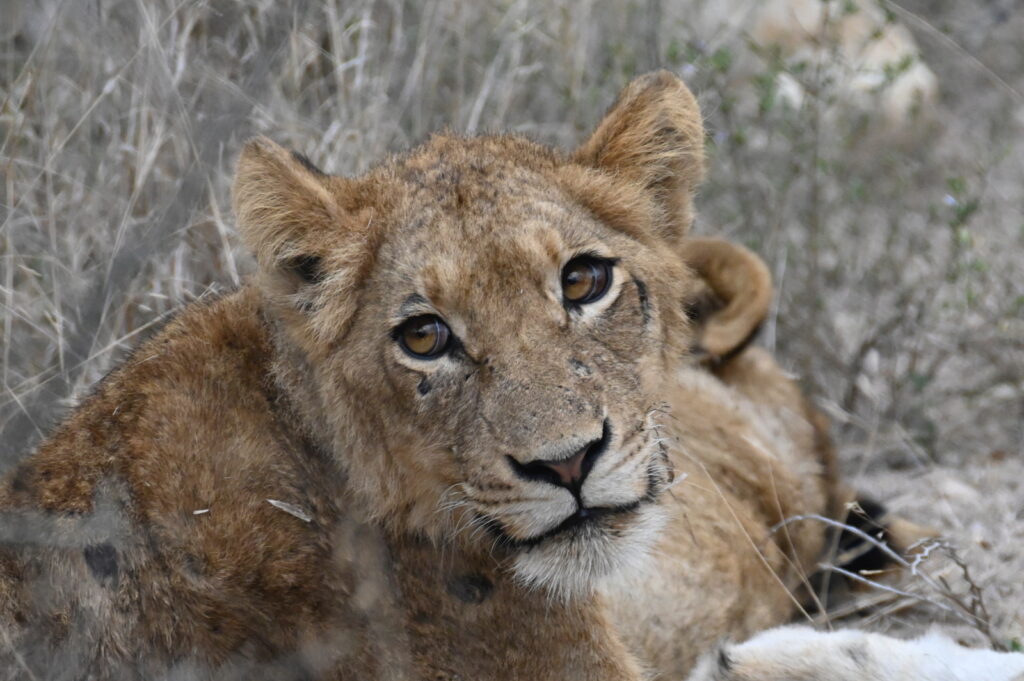
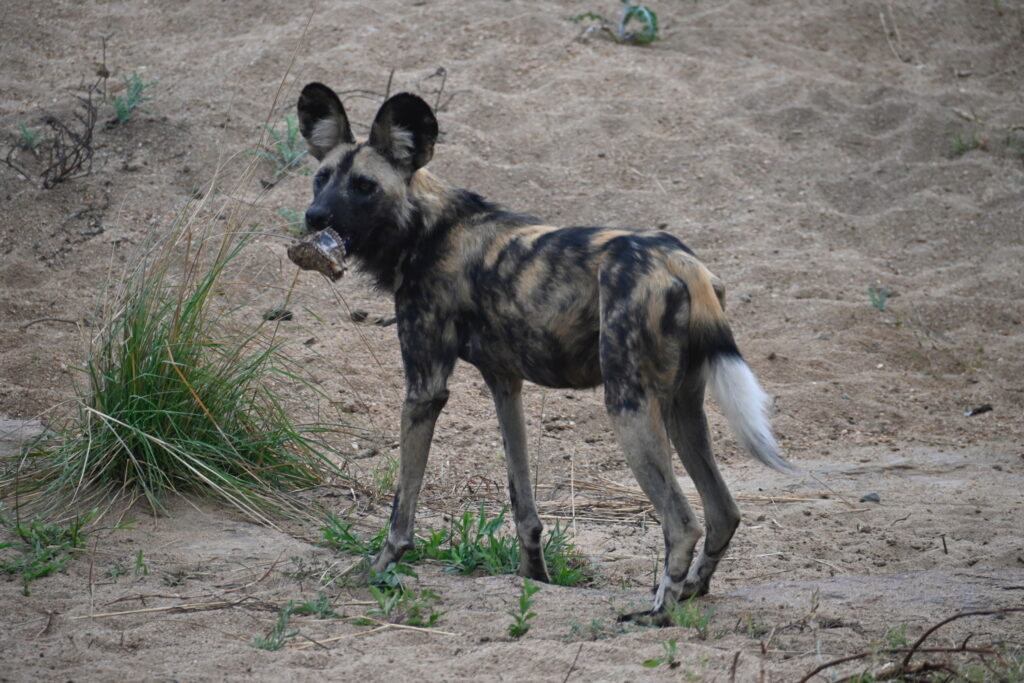
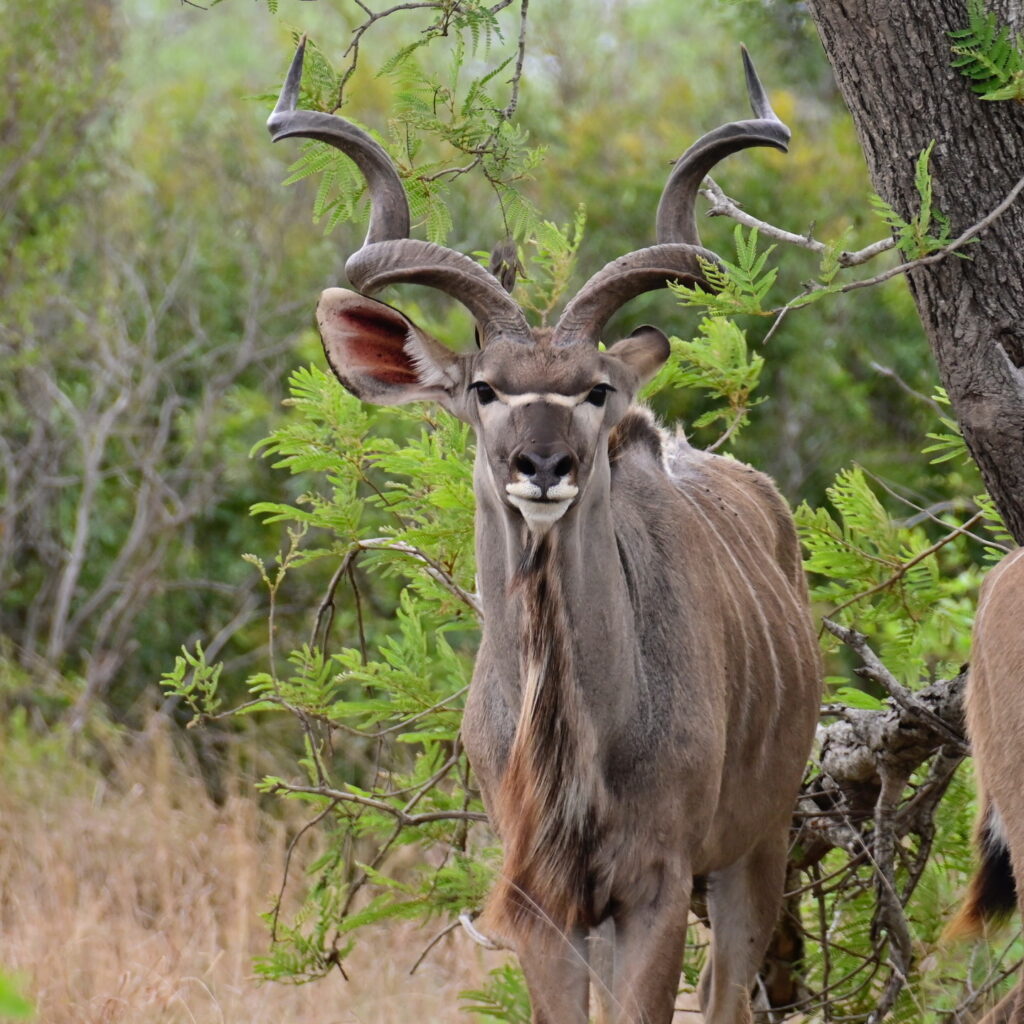
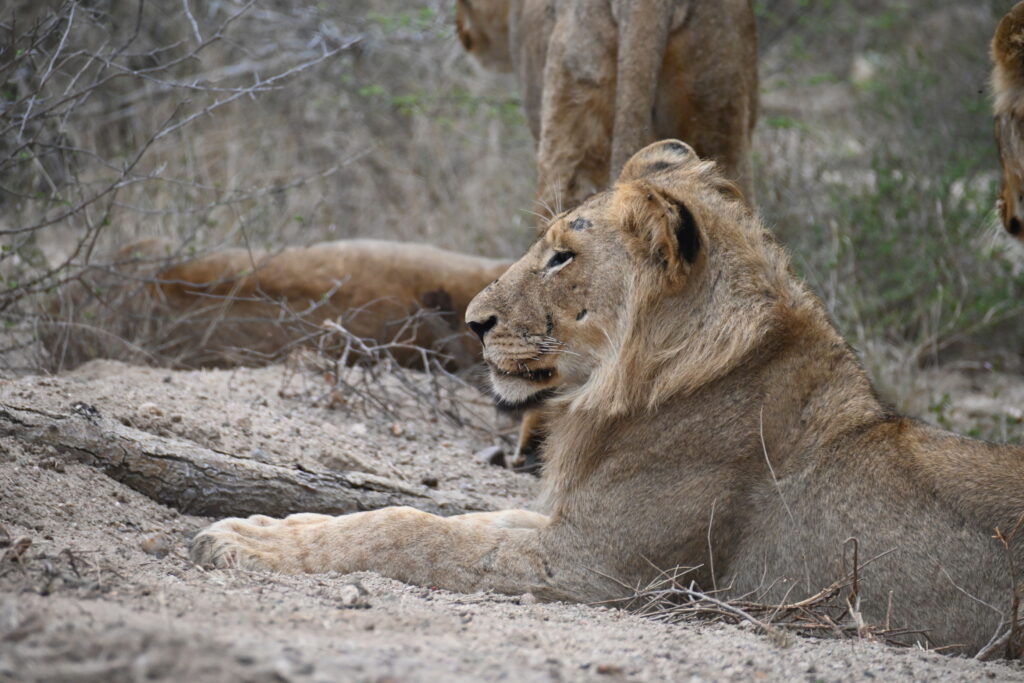
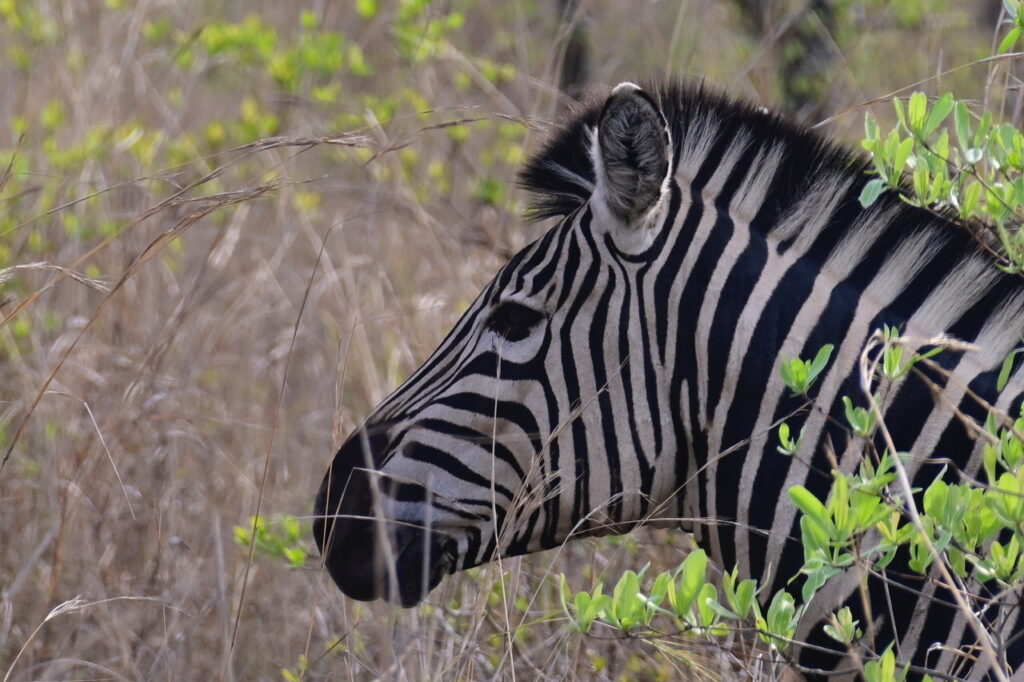
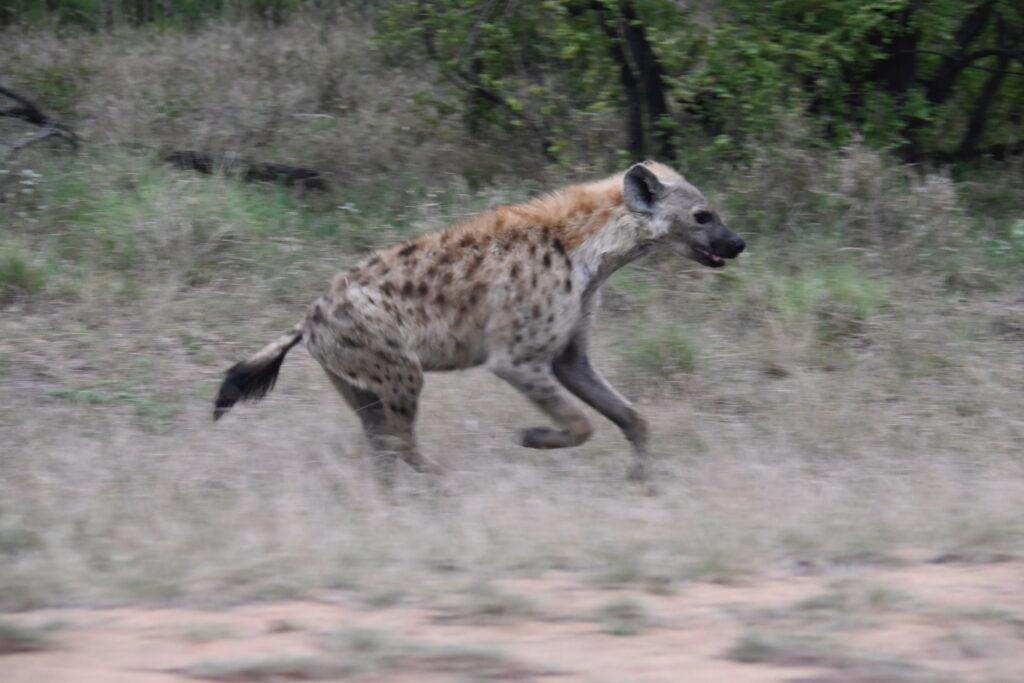
I had the opportunity to go on a safari drive in Kruger National Park which has always been a dream of mine. I remember watching the nature shows as a child of lions in Africa hunting zebra and springbok. I love all those David Attenborough narrated shows about the wilds of Africa.
I always liked the big cats and enjoyed watching them hunt. I found myself pulling for the lion or cheetah to win in its chase of the gazelle or battle with the wildebeest. I wonder why that is. Why did I side with the predator? Was I training myself early on to be the predator and not the prey? Did I subconsciously identify myself with the top of the social food chain? I’m not sure, but I pulled for the lions. I more closely identified with the narrative of the predator.
So I was hoping to see a big cat take down an animal on my safari drive. Now, I knew this was unlikely for several reasons. A big cat probably won’t hunt with us watching and we probably won’t be out on safari during prime hunting times, but I still hoped.
It’s interesting to see a big cat stalk and take down prey. The blood and gore wouldn’t bother me. The death wouldn’t either. I’ve been around death. I even hunt. But I discovered there is something that would bother me.
As I went on safari I saw animals living their lives. I saw family units of animals and followed them around. Sometimes you almost get a sense of knowing them if you watch them enough. If I came back the next day and saw that same family of zebras and suddenly saw a lion stalking the youngest, I wouldn’t want that lion to get a meal. It’d be hard not to shout out a warning.
Why? I admit wanting to see a lion kill a zebra, so why not this zebra. It’s because I know this zebra now. We’ve met. It’s not a faceless zebra or gazelle. I’ve experienced it.
I’ve found the same to be true when watching nature shows. When the narrative is told from a zebra or wildebeest’s perspective I don’t want it to lose a member of its family. When to documentary is told from the lion’s perspective I don’t want it to go hungry.
So much of our opinions and desires are based on the narratives we hear and the perspectives through which we encounter the world. Too often, we limit ourselves to very narrow narratives and perspectives: ones that are comfortable and familiar to us.
As part of my larger sabbatical process I participated in a six-month learning journey with reconciliation communities in the US and across the UK. As part of that, I learned more about counter narratives.
Counter-narrative refers to the narratives that arise from the vantage point of those who have been historically marginalized. The idea of “counter-“ itself implies a space of resistance against traditional domination. A counter-narrative goes beyond the notion that those in relative positions of power can just tell the stories of those in the margins. Instead, these must come from the margins, from the perspectives and voices of those individuals. A counter-narrative thus goes beyond the telling of stories that take place in the margins. The effect of a counter-narrative is to empower and give agency to those communities. By choosing their own words and telling their own stories, members of marginalized communities provide alternative points of view, helping to create complex narratives truly presenting their realities.
I’ve been more intentional about opening myself up to counter narratives by reading diverse authors and listening to communities different from my own. One of my goals with Engage Stories at Derry is to eventually bring in storytellers who can share counter narratives with us from their own experiences so we can create a space to hear them.
I want to be more intentional about hearing a variety of narratives about the world and the things happening around me. I want to make a space for the counter narratives. I want to really question if I’m only considering one dominant perspective when thinking about a situation, conflict, or problem.
I think this is extremely important for any reconciling community. If we aren’t making space for the counter narratives and we aren’t listening to diverse perspectives then we can’t really do the work of reconciliation.
I can still appreciate and love big cats. I can still want them to hunt and kill and eat. But at the same time I can appreciate the beauty and majesty of the zebra and antelope and hope they find ways to survive and thrive. I know both can’t always happen, and I know my experience may color how I feel in any specific situation. But I think it’s important to understand both animals and their perspectives and struggles as I consider the larger picture of life in the wild.
The same is true for life in Hershey. Life will not be perfect. Someone will get a job and someone won’t. Someone will win and someone will lose. But I hope I can do a better job listening and making space for the variety of perspectives and experiences that exist here so perhaps we can find better ways to live together and with God.
READ MORE SABBATICAL NOTES:
Cape Town #1: Kirstenbosch National Botanical Garden
Posted in Uncategorized on by Susan George. Edit